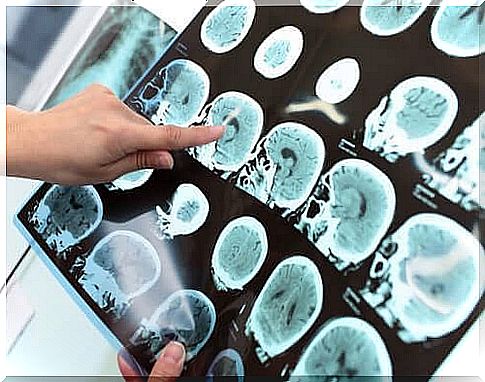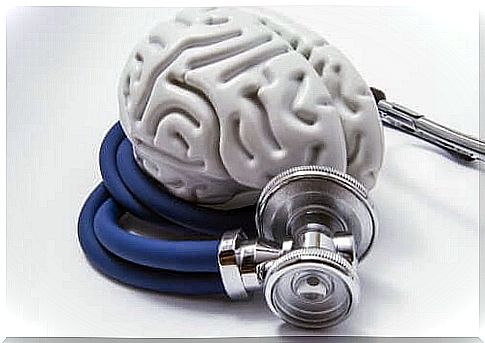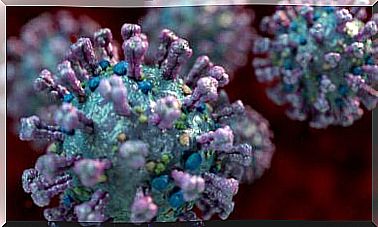Severe Neurocognitive Disorder
The incurable neurocognitive disorder usually affects cognitive abilities such as memory, perception or problem solving. Learn more about it!

A severe neurocognitive disorder is a disease in which neuronal damage leads to a loss of cognitive performance. As a result, those affected lose their independence over time and have difficulties with everyday activities.
A neurocognitive disorder generally affects cognitive abilities such as memory, perception and problem solving. Possible consequences are amnesia, dementia, and delirium. Older people over the age of 60 are particularly affected. According to the World Health Organization, there are about 4.7 million cases worldwide.
With increasing life expectancy and an aging population, severe cognitive disorders are becoming a global problem. There is no cure for this disease, but symptoms can be treated.
Severe neurocognitive disorder
Symptoms and Stages

As already mentioned, there is severe impairment of cognitive functions. As a result of these losses, the patient loses independence, his performance declines and he is able to carry out less and less activities on his own. In particular, the following skills are impaired:
- emotional behavior or the patient’s personality
- Language and perception
- Memory, thinking, or judgment
In addition, there are a number of symptoms related to the cognitive disorders; for example hallucinations, depression, aggression or delusions. The development process of severe neurocognitive disorder can be divided into three phases, which are described below.
Initial stage of the disease
The first symptoms are mild and often not noticed right away. Affected people have occasional memory lapses or are, for example, disoriented.
Intermediate phase of severe neurocognitive disorder
As the disease evolves , the effects become more apparent. The patient needs more and more help even with everyday activities such as personal hygiene, shopping or paying bills.
In addition , forgetfulness is becoming more and more serious and frequent. He may be disoriented and have light periods of amnesia even at home. Communication difficulties can also occur.
Advanced phase
At the advanced stage of the severe neurocognitive disorder, which continues to get worse, the patient has more and more difficulties in performing activities. There may even be aggressive behavior. Ultimately, there can be total dependency and inactivity.
Alzheimer’s is a type of serious neurocognitive disorder

Alzheimer’s is the most common form of dementia. In fact, 60-80% of the time a severe neurocognitive disorder is diagnosed is this disease. There is currently no cure for Alzheimer’s. Just as there is no cure for severe neurocognitive disorders.
However, there are a number of treatments that focus on symptoms to improve the patient’s quality of life. In addition, they can slow down the development of the disease. Nowadays, Alzheimer’s is one of the focal points in biomedical research.
Severe neurocognitive disorder: treatment
The progressive development of the disease is inevitable. The main focus of treatment is improving the patient’s quality of life.
The first thing to mention is the importance of collaboration between nurses, doctors and social workers. Because it is a multifactorial disorder.
In treating this condition, the role of the primary caregiver is fundamental: care and therapies must be co-ordinated. Also, it is very important to strictly follow the treatment to avoid complications or side effects from medication.
In addition, the support of the family is essential in order to accompany the patient and to always orientate himself. In addition, occupational therapy and support networks can help the patient tremendously.
In many cases, it makes sense to prevent certain secondary causes of illness such as high blood pressure, cholesterol or obesity. In this way, risk factors for diseases for which patients are predisposed can be reduced.
There are also a number of treatments available for certain symptoms that may be related to the severe neurocognitive disorder. These symptoms include hallucinations, delusions, depression, or aggressiveness. The drugs used in these cases are antipsychotics, antidepressants, and anticonvulsants.









